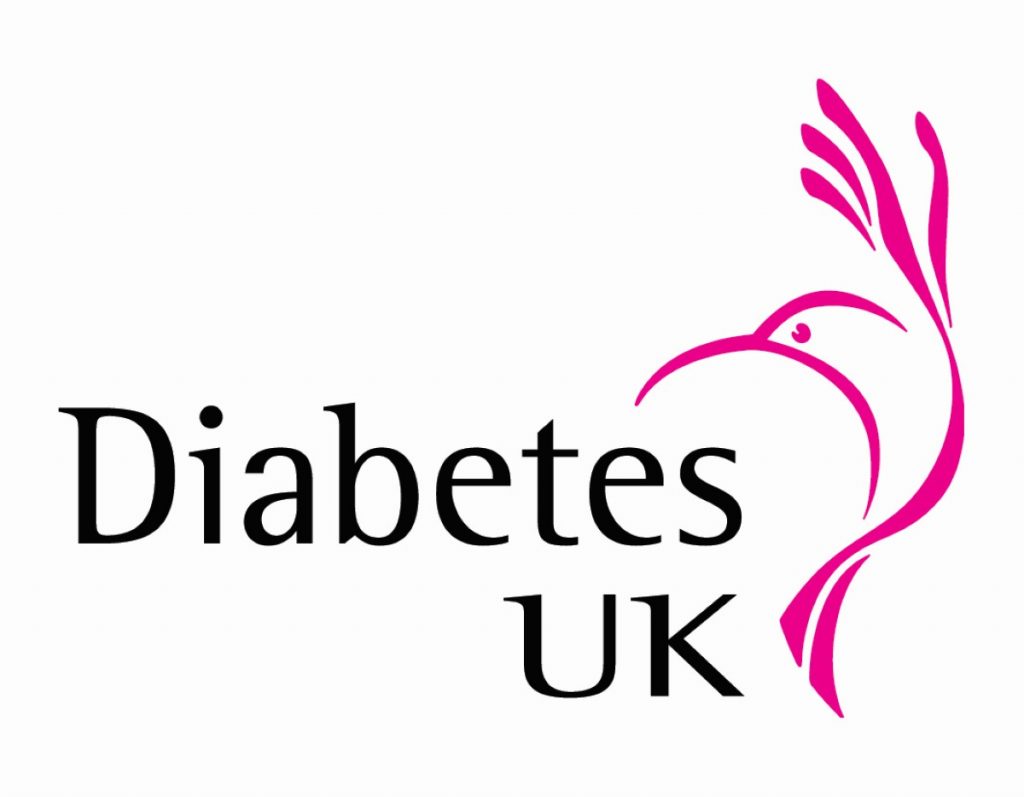Diabetes UK meets Transport Minister over concerns about driving rules for people with diabetes
Representatives from Diabetes UK and Adrian Sanders MP (Chair of the All-Party Parliamentary Group for Diabetes) met with the Transport Minister, Mike Penning MP, recently to raise concerns about changes to rules on driving with diabetes.
A new European directive being implemented by the DVLA means people with diabetes who report two ‘severe’ hypo episodes in a 12-month period may have their Group 1 licence revoked. Diabetes UK has expressed concern that this is open to misunderstanding. People can often experience hypos when asleep, and the word 'severe' could also be misunderstood as many hypos can be quickly and easily treated with an appropriate snack.
Mike Penning MP told Diabetes UK he would be concerned if the numbers of people with diabetes losing their licence was to rise very steeply following the recent changes and that on balance he wanted to enable people to drive. He agreed that there was a need for more clarity both for people with diabetes, and clinicians, around what the criteria for assessing fitness to drive are for people with diabetes.
Following the meeting a working group will be set up, which is expected to review how the definitions of ‘severe’ hypoglycaemia are expressed. The group will also monitor how many people with diabetes are having their licences revoked and help improve the guidance given to people with diabetes and to healthcare professions about the driving licence application and renewal process.
Diabetes UK will be a key representative in the working group, and will ensure people with diabetes are included in the discussions.
Simon O'Neill, Director of Care, Information and Advocacy at Diabetes UK, said “This top-level working group will address many of the concerns raised by people with diabetes over the last few months. Diabetes UK is grateful to all the people with diabetes who shared their concerns and experiences, allowing us to pile on the pressure and get us to the current position. We now have a real opportunity to take forward our concerns and resolve these issues and we will continue working with the DVLA to try and ensure the process for people with diabetes who are applying and re-applying for licences is fair, consistent, transparent and safe."
– ENDS –
FURTHER DETAILS:
For media information please contact Ally MacDonald in the Diabetes UK Media Relations Team on 0207 424 1161
or contact the press office on 0207 424 1165 / email pressteam@diabetes.org.uk.
Notes to editor:
1 Type 1 diabetes develops when insulin-producing cells in the pancreas are destroyed. This type of diabetes usually appears before the age of 40 and accounts for around 10 per cent of all people with diabetes. Type 1 diabetes cannot be prevented, it is not known why it develops and it is not connected with being overweight. People with Type 1 diabetes have to take insulin either via a pump or by injections several times a day to stay alive.
2 Type 2 diabetes develops when the body can still make some insulin, but not enough, or when the insulin that is produced does not work properly. Insulin acts as a key unlocking the cells, so if there is not enough insulin, or it is not working properly, the cells are only partially unlocked (or not at all) and glucose builds up in the blood. Type 2 diabetes usually affects people over 40 (over 25 in people from South Asian and Black backgrounds) and can be treated with a healthy diet and increased physical activity but medication and/or insulin is often required. In around 80 per cent of cases the condition is linked with being overweight and can go undetected for up to ten years.
3 Diabetes UK is the leading charity for over 3.5 million people in the UK with diabetes. In 2011, Diabetes UK aims to spend over £6 million on diabetes research to investigate the causes and prevention of diabetes, to improve care and treatment of diabetes and ultimately to work towards a cure. For more information visit www.diabetes.org.uk. In the UK, there are currently 2.8 million people diagnosed with diabetes and it is estimated that 850,000 people have Type 2 diabetes but do not know it.
4 One person is diagnosed with diabetes every three minutes in the UK.
Ally MacDonald
Media Officer
Diabetes UK
Macleod House, 10 Parkway, London NW1 7AA
Direct line: 020 7424 1161
Press office: 020 7424 1165
Email: ally.macdonald@diabetes.org.uk |pressteam@diabetes.org.uk
Web: www.diabetes.org.uk | www.facebook.com/diabetesuk | www.twitter.com/diabetesuk
Support World Diabetes Day (14 November) by taking action on diabetes care.
There are 15 essential health checks and services every person with diabetes should receive to stay healthy.
Find out what they are and how to get involved at www.diabetes.org.uk/diabetes-watch





-01.png)